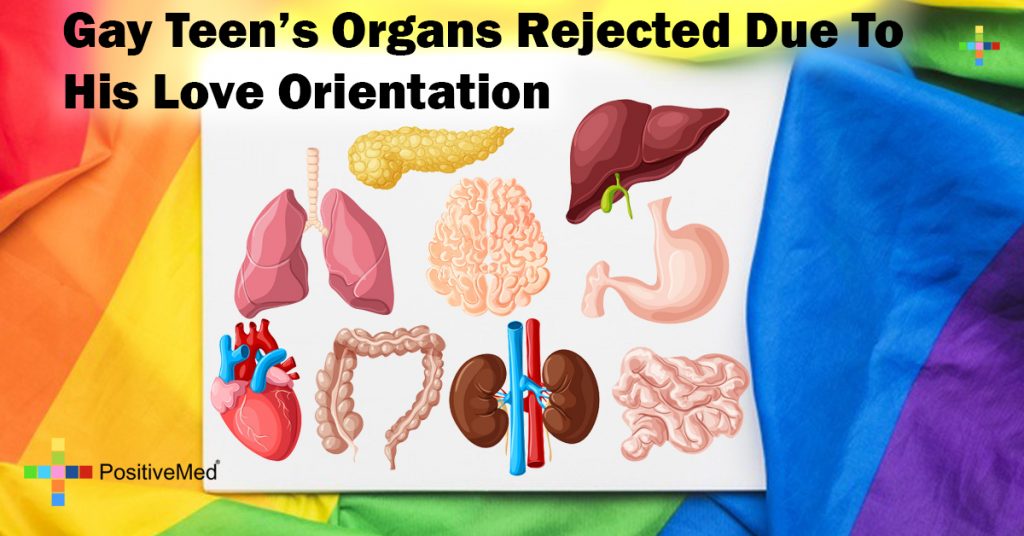
Gay Teen’s Organs Rejected Due To His Love Orientation
It is every parent’s worst nightmare. After over a year of bullying, sixteen-year-old AJ Betts took his own life. Teased for being gay and of mixed race, Betts could no longer endure the torment of his classmates. He died last July. Just a few months prior, the kind-hearted teen had learned about organ donation when he went to get his driver’s license. He informed his mother, Sheryl Moore, that he would like to be an organ donor if anything happened to him.

After Betts’ suicide, Moore obeyed his wishes, staying by his hospital bed while doctors removed various organs for donation. They took his kidneys, liver, heart, and lungs. They did not, however, take his eyes. What was their reasoning? Betts was gay, and the FDA states in its organ donation guidelines that men who have had love-making with other men in the past five years cannot be organ donors. Supposedly, this is because of the risk of HIV or Hepatitis B transmission. In the case of A.J. Betts, his mother did not even know if he was ever love – active.
Blood donation requirements are even stricter when it comes to gay men. Recently, the American Medical Association (AMA) has even said that it opposes the incredibly strict blood donation guidelines. Unfortunately, these restrictions have been in place for over three decades now, preventing an entire community from donating much-needed blood and plasma.
During the infancy of the AIDS epidemic, testing was unreliable. This led to the rule that men who were physically active with other men after the year 1977 could not donate blood. Meanwhile, heterosexuals who have participated in risky activity are looked upon more favorably as donors. Many of them can donate just one year after making love with a partner infected with HIV.
Over the years, the ability to detect the virus became much easier. Testing methods improved, and patients benefited from fast results. Unfortunately, the blood donation guidelines did not change with the times. Gay men are still subjected to the same antiquated regulations. Recently, this has become a very hot topic within the medical community, with the FDA holding meetings to determine whether or not the rules should change.
In the case of A.J. Betts, the decision not to accept his eyes brought even more pain to his mother, who was already suffering from overwhelming grief. Her son, who had been bullied in his short life, was also being discriminated against in death.





